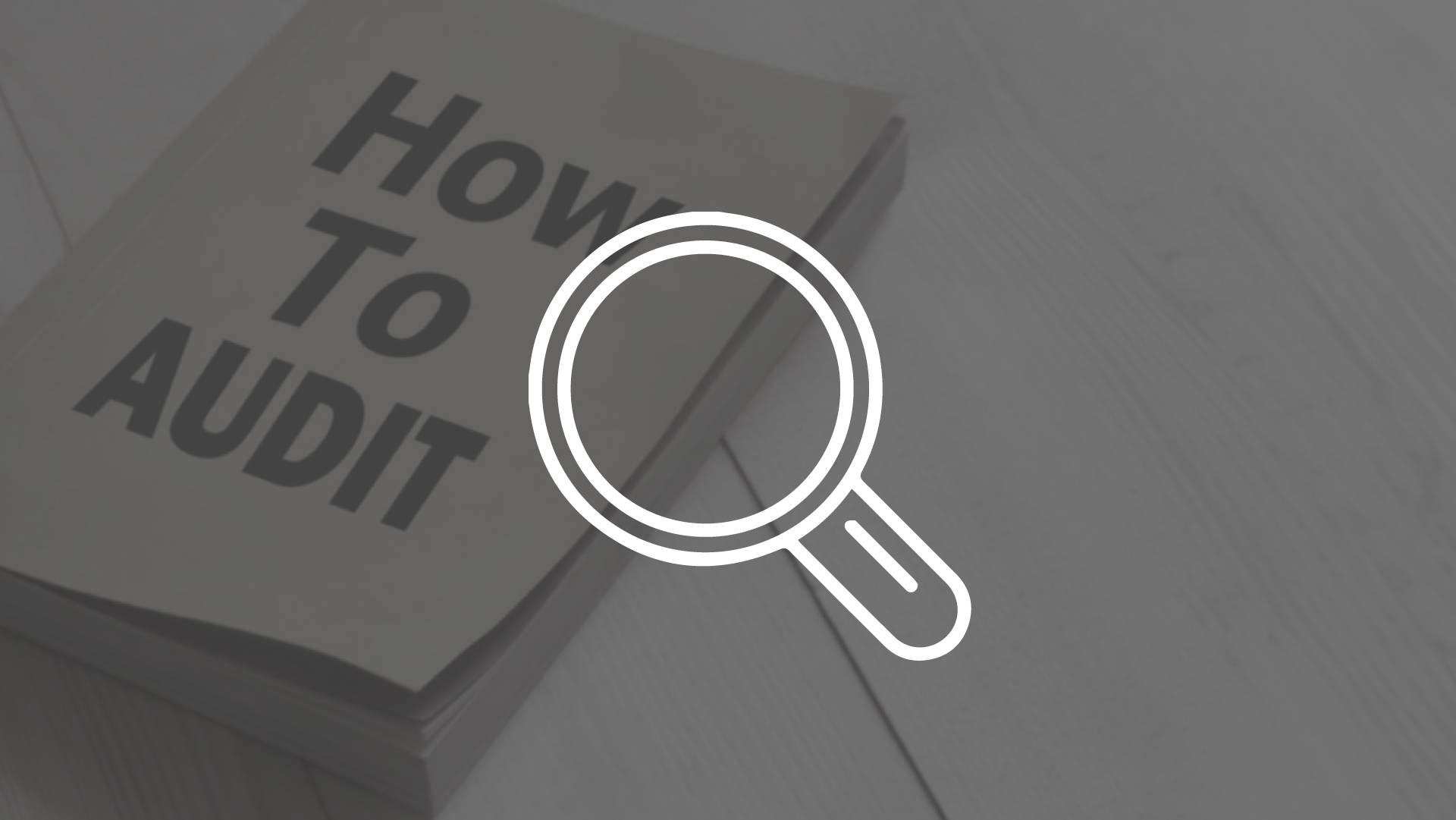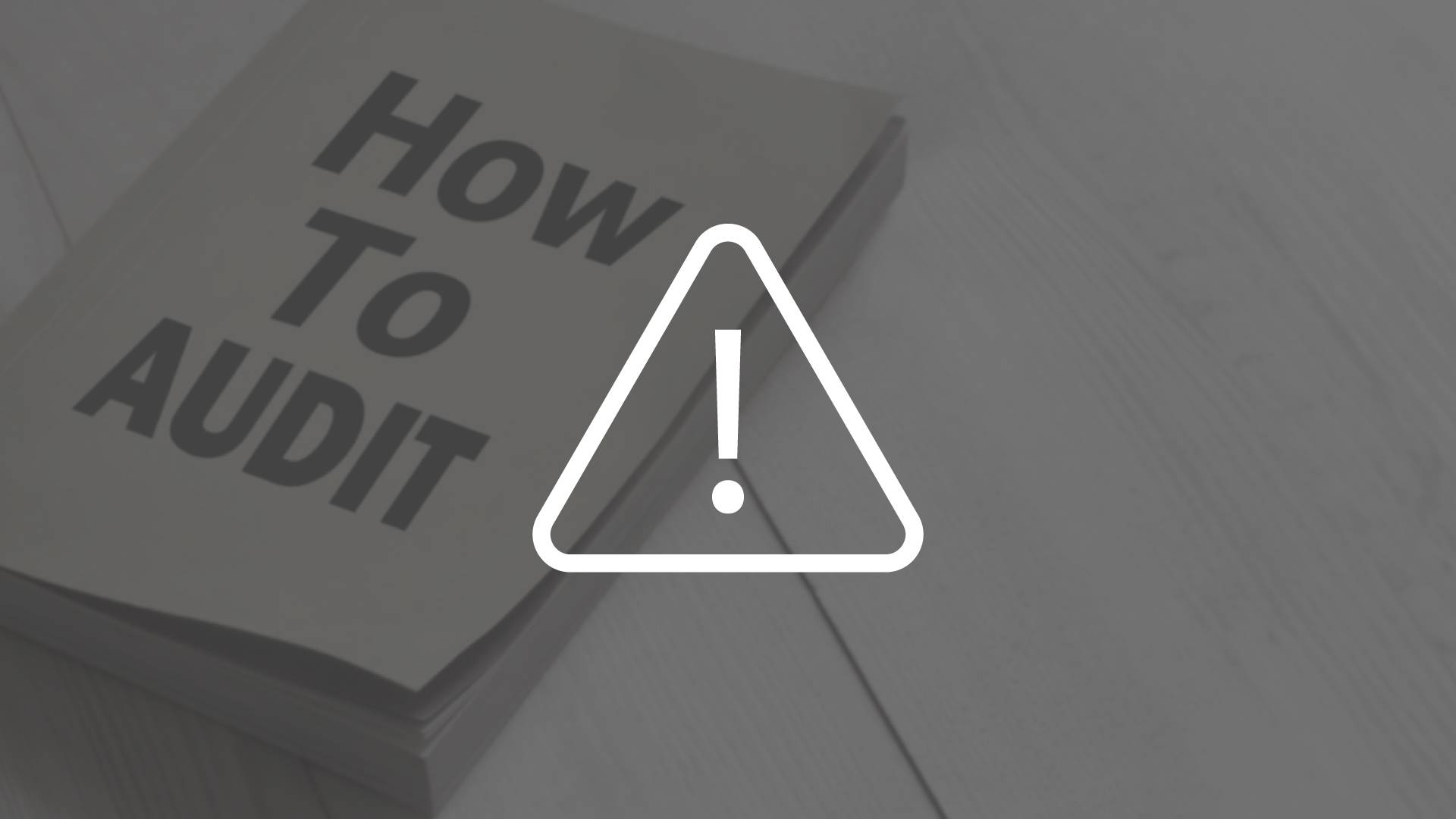Self-Study
How to Conduct a Review Engagement
Learn how to meet SSARS 21 standards in your review engagements.

$58.00 – $78.00
Webcasts are available for viewing Monday – Saturday, 8am – 8pm ET.
Without FlexCast, you must start with enough time to finish. (1 Hr/Credit)
Please fill out the form below and we will reach out as soon as possible.
CPE Credits
2 Credits: Auditing
Course Level
Overview
Format
Self-Study
Course Description
How to Conduct a Review Engagement, the realm of review engagements might seem intricate and challenging, especially in understanding and applying analytical procedures and inquiries. This auditing CPE course serves as a bridge to overcome this challenge. After completing the course, participants will transition from uncertainty to a comprehensive understanding of review engagements. The audit CPE course covers the nature of analytical procedures, the preparation of engagement letters, and the elements of a review report. Participants will learn to evaluate the suitability of review engagements, handle client inquiries effectively, and assess material misstatements. This transformation is vital for accountants and financial professionals, enhancing their ability to conduct review engagements with confidence and accuracy, in accordance with SSARS 21 standards.
Learning Objectives
Upon successful completion of this course, participants will be able to:
- Recognize the situations in which the accountant cannot accept a review engagement.
- List the contents of an engagement letter.
- Identify the reasons why the accountant needs an adequate knowledge of the client’s business.
- Describe the different types of analytical procedures that can be used as part of a review engagement.
- List the different types of inquires that an accountant would make as part of a review engagement.
- Describe the decision criteria for judging whether an uncorrected misstatement is material.
- Recognize the types of evidence indicating that a client may not be able to continue as a going concern.
- Recognize the available methods for keeping a review report from being used in the future by a client.
- Identify the contents of a representation letter.
- Recognize how the accountant handles a client request to use financial statements prepared in accordance with a special purpose framework.
Course Specifics
9189038
March 25, 2024
There are no prerequisites.
None
54
Compliance Information
CFP Notice: Not all courses that qualify for CFP® credit are registered by Western CPE. If a course does not have a CFP registration number in the compliance section, the continuing education will need to be individually reported with the CFP Board. For more information on the reporting process, required documentation, processing fee, etc., contact the CFP Board. CFP Professionals must take each course in it’s entirety, the CFP Board DOES NOT accept partial credits for courses.
Meet The Experts

Steven M. Bragg, CPA, is a full-time book and course author who has written more than 300 business books and courses. He provides Western CPE with self-study courses in the areas of accounting and finance, with an emphasis on the practical application of accounting standards and management techniques. A sampling of his courses include the The New Controller Guidebook, The GAAP Guidebook, Accountants’ Guidebook, and Closing the Books: An Accountant’s Guide. He also manages the Accounting Best Practices podcast. Steven has been the CFO or controller of both public and private companies and has been a consulting manager with Ernst & Young and …
Related Courses
-
 Auditing
Auditing
Computer Fraud and Abuse
Marshall Romney, CPA, PhD, CFE QAS Self-Study
Credits: 6 $174.00
QAS Self-Study
Credits: 6 $174.00$174.00 – $204.00
-
 Auditing
Auditing
How to Audit for Fraud
Steven M. Bragg, CPA QAS Self-Study
Credits: 3 $87.00
QAS Self-Study
Credits: 3 $87.00$87.00 – $107.00
-
 Auditing
Auditing
Fraud Prevention, Detection, and Audit
Marshall Romney, CPA, PhD, CFE QAS Self-Study
Credits: 9 $261.00
QAS Self-Study
Credits: 9 $261.00$261.00 – $291.00
